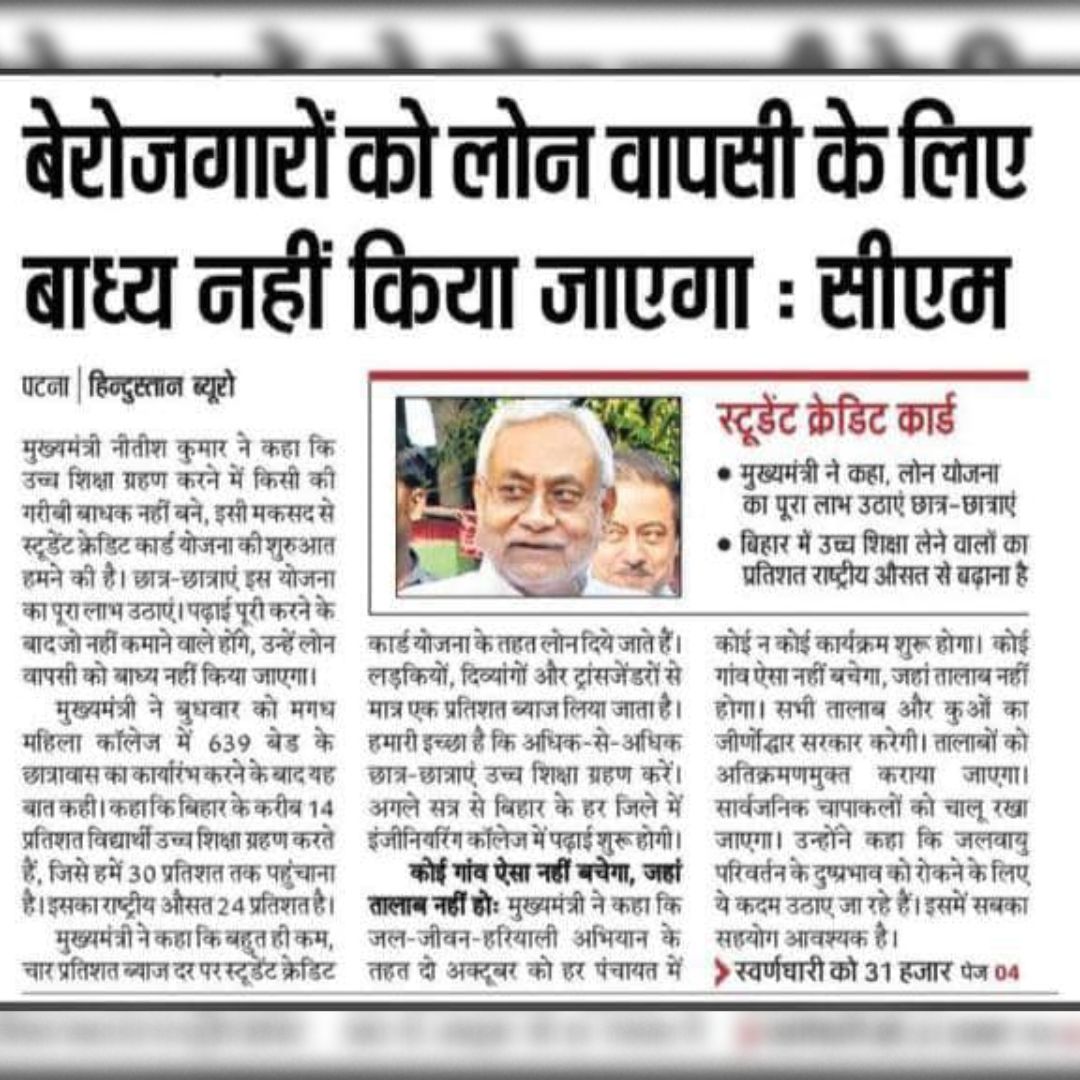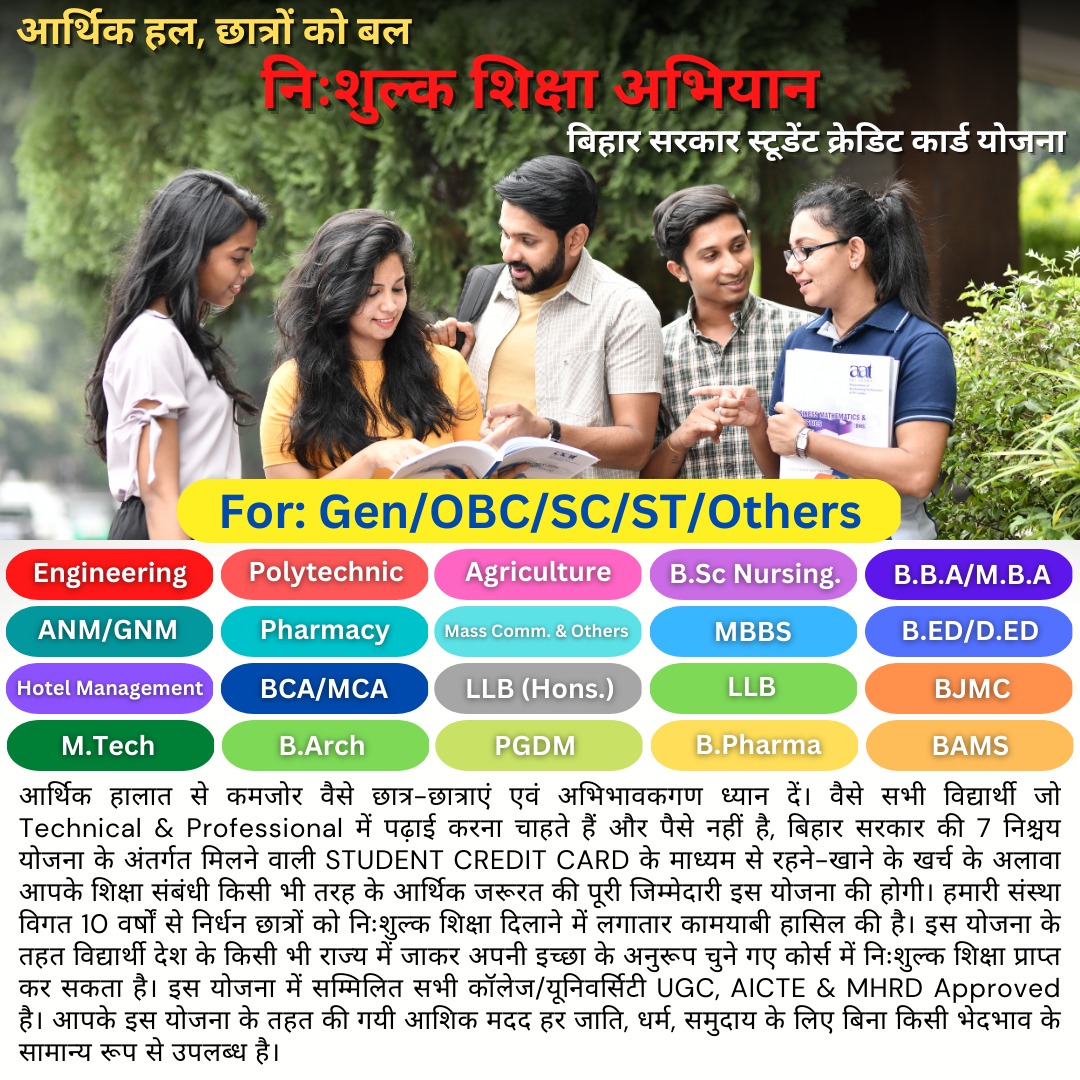Get a Free Consultation Today!
New Abloom Services – This is where we teach students skills they need to transform
themselves, others, and our global communities.
Get a Quote!
Learning Begins With Us
We New Abloom Services (run by Tara Memorial Trust) act as bridge between students & college mean to say that as well know that in vast diversification.
We all need guidance to make your future bright & colourful.
So New Abloom Services stand with spreading hand to place and provide full support to every seeking individual to make his life full of colors.
Our trained counselor advise student on career in demand and try to match with the student’s educational background, aptitude & aspirations.
New Abloom Services at a Glance
Our aim at inspiring our students to dream more, learn more, do more, and become more in their respective journeys of life.
Amit Mishra - ChairPerson
Our Associate Universities
The New Abloom Services aims at offering all our students a broad and balanced curriculum that provides rewarding and stimulating activities to prepare them for the best social and cultural life.




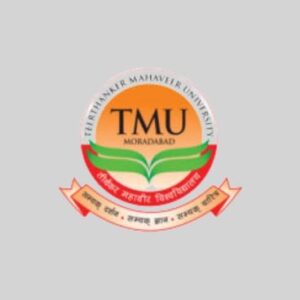


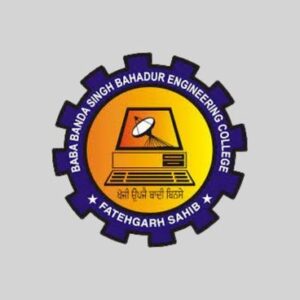
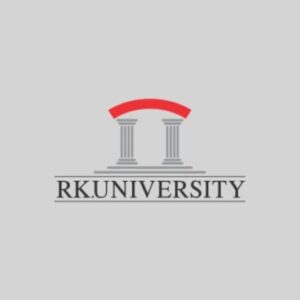


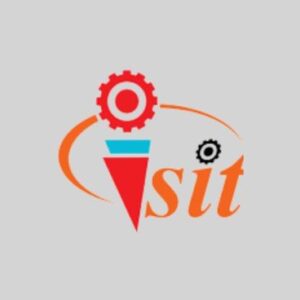
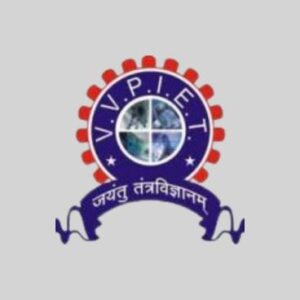




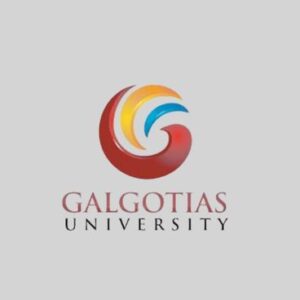

Bihar Student Credit Card Scheme (BSCCS)
Introduced on 2 October 2016, Bihar Student Credit Card Yojana is loan scheme that helps students who have passed the 12th standard to realise their higher education dreams. This government initiative aims to bridge the gap between the Gross Enrolment Ratio (GER) in Bihar and that in other parts of the country by ensuring that students do not stop studying due to lack of finances. As a student in Bihar, you can fund your higher education course by applying for a Bihar Student Credit Card online. To help you make the most of this unique financial initiative, here is a rundown on the Bihar Student Credit Card Scheme, it’s benefits, eligibility terms and application procedure.

Our Courses
Graduate & Post Graduate
We conduct graduate & post graduate programes. B.Sc, B.Com, BA, MA, M.Com, M.Sc, LLB, FD, BJMC, B.Ed, M.Ed.
Engg. & Allied Fields
We conduct B.E/B.Tech, Polytechnic, BCA, MCA, ME, M.Tech, B.Arch, B.Tech/B.Sc, B.E (Aeronautical Engineering).
Others
We also conduct Medical, Para-Medical & Management courses.
New Abloom Services: Empowering Your Career Growth in Buxar, Bihar
At New Abloom Services, career counselor in Buxar, we believe that every individual has unique talents, interests, and goals. Our personalized approach ensures that our guidance to your specific needs, helping you navigate the complexities of the job market and make well-informed decisions about your future. Whether you are a student exploring career options, a professional seeking a career change, or an individual looking to enhance your current career, we are here to support you at every step of your journey.
Our career counselling services encompass a wide range of areas, including:
- Career Assessment: We offer comprehensive assessments to help you identify your strengths, interests, and personality traits. Through scientifically validated tests and in-depth discussions, we provide you with valuable insights into your potential career paths, ensuring you make choices that align with your skills and passions.
- Career Exploration: Our experienced career counselors will guide you through the exploration of various industries, occupations, and educational opportunities. We provide up-to-date information on emerging trends and market demands, enabling you to make informed decisions about your education, training, and career progression.
- Resume Writing and Interview Preparation: We understand the importance of a compelling resume and effective interview skills in today’s competitive job market. Our team will help you craft a professional resume that highlights your achievements and capabilities. Additionally, we provide personalized coaching to enhance your interview skills, ensuring you present yourself confidently and professionally to potential employers.
- Job Search Strategies: Finding the right job can be a challenging process. Our career counselors will assist you in developing effective job search strategies, including networking techniques, online job portals, and leveraging social media platforms. We will guide you on creating a strong online presence and connecting with relevant industry professionals to expand your career opportunities.
- Professional Development: Continuous learning and skill enhancement are essential for career growth. We offer guidance on professional development opportunities, including workshops, seminars, certifications, and online courses, helping you stay updated with the latest industry trends and enhance your employability.
- Career Transition Support: If you are considering a career change, our counselors will provide you with the guidance and resources to successfully navigate the transition. We will help you assess your transferable skills, explore new career options, and create a strategic plan for making a smooth transition into your desired field.
New Abloom Services – Best Anm Course in Buxar | Best Gnm Course in Buxar | B.ed Course in Buxar
New Abloom Services is one of the leading brands in the Education Industry, we have made our name in the counseling and training of students in various fields such as Engineering, Medical, Management and much more. admission consulting services in Buxar. admission consultants in buxar,
Best Career Counsellor In Buxar Being the educational hub of Bihar, Buxar hosts a huge crowd of students from across the country every year. Each student comes to Buxar with a dream of building a great career base and achieve great success in life. ANM Admission in Buxar
Buxar’s Leading admission Consultancy. We are providing the best Guidelines to students and Parents for making bright future. We are not providing only admission Consultation; we provide the best guidelines to students. We have directly linked with the Top Most Universities. GNM admission in Buxar
We provide all 360 Degree solution of Anm Course in Buxar, GNM course in Buxar, Bsc Nursing Course in Buxar, B.ed Course in Buxar MBA admission in Buxar, MBA Course in Buxar, Bsc Nursing Admission in Buxar, B Pharma course in Buxar, Hotel Management course in Buxar, B Tech & M Tech course in Buxar, Polytechnic, B.A L.L.B in Buxar.
At New Abloom Services career counselor Buxar, we are committed to your success and satisfaction. Our team of experienced career counselors is passionate about helping you unlock your full potential and achieve long-term career fulfilment. We provide a confidential, non-judgmental, and supportive environment where you can freely discuss your concerns and aspirations.

